North Korean leader Kim Jong Un has turned down international offers of COVID-19 vaccines and instead insisted he would fight the pandemic in “our style” — by imposing even tougher restrictions on the already heavily surveilled and isolated country.
“The present dangerous situation of the worldwide pandemic which keeps spiraling out of control demands tighter nationwide epidemic prevention,” Kim said during a Politburo meeting Thursday, according to the Korean Central News Agency.
“Tightening epidemic prevention is the task of paramount importance which must not be loosened even a moment under the present situation,” the despot added.
The rogue regime — which considers the pandemic a matter of national survival despite remaining tight-lipped and not confirming any COVID-19 cases in the country — had already closed its borders.
But Pyongyang has now turned down offers of China’s Sinovac Biotech vaccine, as well as doses of AstraZeneca’s jab, according to Reuters.

Instead, while stressing the need for other measures to ward off the virus and increasing health workers’ qualifications, Kim also called for “further rounding off our style epidemic prevention system,” KCNA reported.
The ruler previously called for his people to prepare for prolonged restrictions, indicating the Hermit Kingdom’s borders would stay closed despite worsening economic and food conditions.
UNICEF, which delivers vaccines on behalf of the COVAX distribution program, on Tuesday said Pyongyang proposed its allotment of about 3 million Sinovac doses be sent to severely affected countries instead.

Some experts believe North Korea doubts the effectiveness of Sinovac and the rare blood clots seen in some people inoculated with AstraZeneca.
Leif-Eric Easley, a professor of international studies at Seoul’s Ewha Womans University, told The Associated Press that Pyongyang is likely aiming to receive more effective jabs from COVAX.
“Pyongyang appears to have issues with COVAX involving legal responsibility and distribution reporting requirements. So it might procure vaccines from China to deliver to border regions and soldiers while allocating COVAX shots to less sensitive populations,” Easley said.
“The Kim regime likely wants the most safe and effective vaccine for the elite, but administering Pfizer would require upgraded cold chain capability in Pyongyang and at least discreet discussions with the United States. The Johnson & Johnson option could also be useful to North Korea given that vaccine’s portability and one-shot regimen,” he added.
UN Secretary-General Antonio Guterres recently asked North Korea to “take all necessary measures, including through international cooperation and assistance, to provide access to COVID-19 vaccines for all persons, without discrimination.”
Meanwhile, Kim also on Thursday urged ramped-up efforts to prevent natural disasters from damaging the economy, which has been battered by international sanctions and self-imposed border and movement lockdowns aimed at preventing a COVID-19 outbreak.
“(Kim) underlined the need to take thorough-going measures to overcome abnormal climate the danger of which has become higher in recent years,” according to KCNA.

Among the efforts he called for were river improvement, reforestation for erosion control, dyke maintenance and tide embankment projects, Reuters reported.
With Post wires

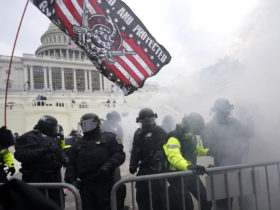
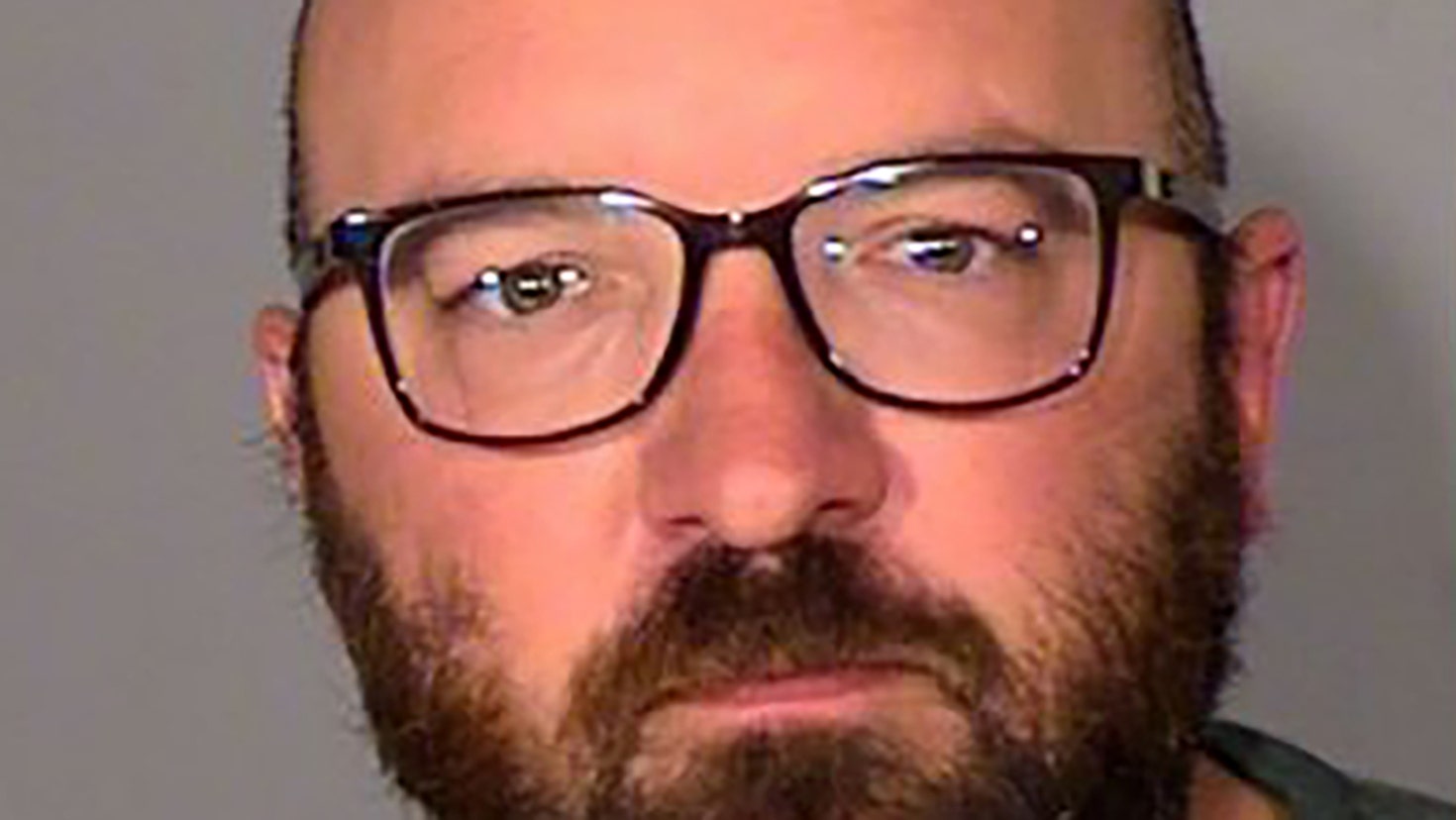
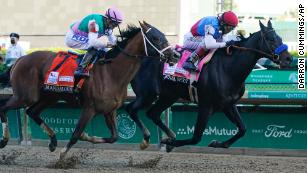
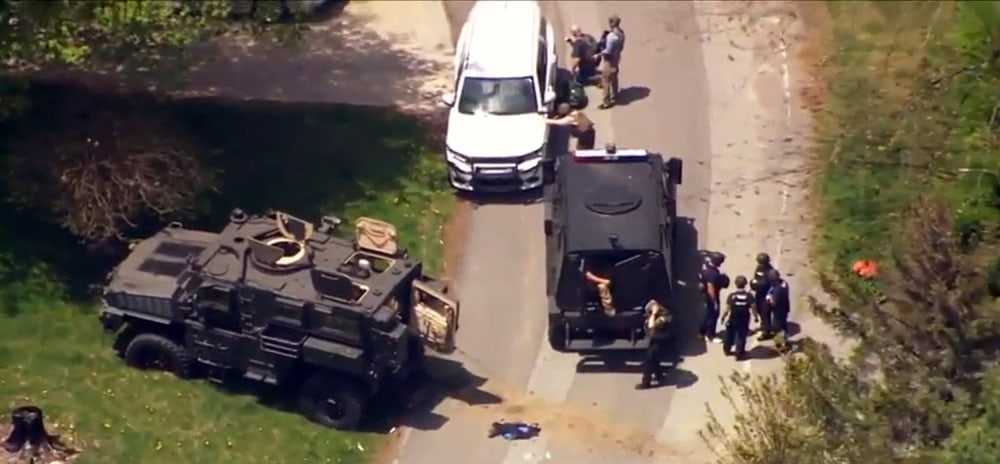
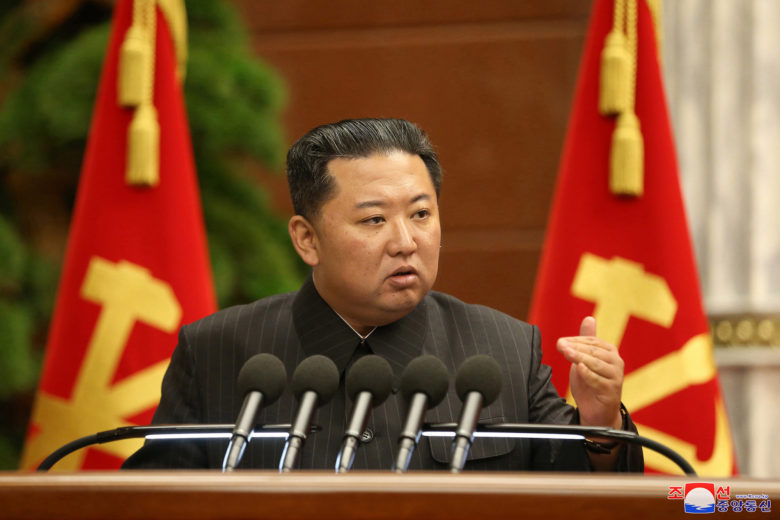


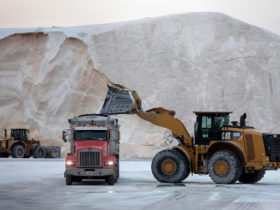
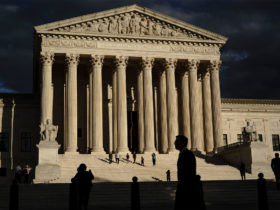

Leave a Reply